Dhaka, Nov 26 (V7N) – Kolpona’s harrowing story, which drew national attention last month, is a grim reminder of the persistent abuse faced by domestic workers in Bangladesh. While such incidents occasionally provoke public outrage, most cases quickly vanish from the spotlight without resolution.
Reflecting on her experience, Kolpona remarked, “I am not alone in this suffering. Many others endure the same fate,” a sentiment that highlights the widespread exploitation within the profession.
A History of Neglect and Violence
The mistreatment of domestic workers is not a new phenomenon. Earlier this year, 13-year-old Preeti Urang tragically died after jumping from a flat to escape alleged torture at the hands of former The Daily Star executive editor Ashfaqul Haque and his wife. Similarly, in August, Ferdousi survived a similar leap while employed in the same household.
High-profile cases, such as the 2015 arrest of cricketer Shahadat Hossain Razib and his wife for abusing their house help, have repeatedly underscored the issue, yet accountability remains elusive.
Vulnerability Amidst Impunity
According to the 2022 National Child Labour Survey by the Bangladesh Bureau of Statistics (BBS), approximately 76,000 children work as domestic helpers, with 55.3% being girls. Alarmingly, 99% of these workers have no formal employment status, leaving them unprotected and prone to abuse.
An Oxfam study in 2021 found that more than half of live-in domestic workers face regular physical punishment. Instances of sexual harassment are rarely reported, with just 6.14% of live-in and 0.58% of live-out workers speaking out about such experiences.
Gaps in Legal Protections
Despite repeated calls for reform, Bangladesh lacks a dedicated law to safeguard domestic workers. Without such legislation, victims like Kolpona must rely on broader laws such as the Women and Children Repression Prevention Act to seek justice.
Although the 2015 Domestic Workers Protection and Welfare Policy offers guidelines on work hours and holidays, it does not address critical issues like minimum wages or enforcement mechanisms. Furthermore, the policy's implementation remains almost nonexistent.
Reform Efforts Gain Momentum
Oxfam, in collaboration with local NGOs, has launched the Suniti project, aiming to empower 16,000 domestic workers in Dhaka by educating them about their rights and advocating for professional recognition.
Tarek Aziz, program coordinator of Suniti, emphasized that the absence of formal recognition for domestic workers enables employers to deny accountability for their treatment.
Afrin Aktar, project manager at Dushtha Shasthya Kendra, stressed that recognizing domestic work as a legitimate profession and incorporating it into labor laws are crucial steps to addressing the cycle of abuse.
Addressing the Root Cause
Public prosecutor Md Omar Faruq called for stronger state involvement in prosecuting cases of domestic worker abuse. “To break this cycle of violence, we need to ensure exemplary punishment for perpetrators,” he said.
Comprehensive legal reforms, better enforcement, and a cultural shift to respect domestic workers as professionals are essential to protect their dignity and ensure their safety. Without such changes, countless workers will remain trapped in a cycle of exploitation and abuse.
END/MSS/AJ/HON



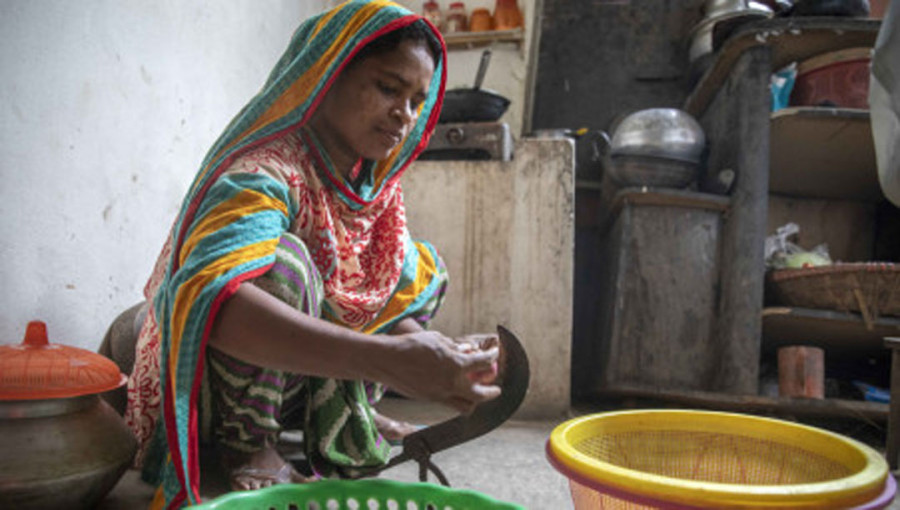
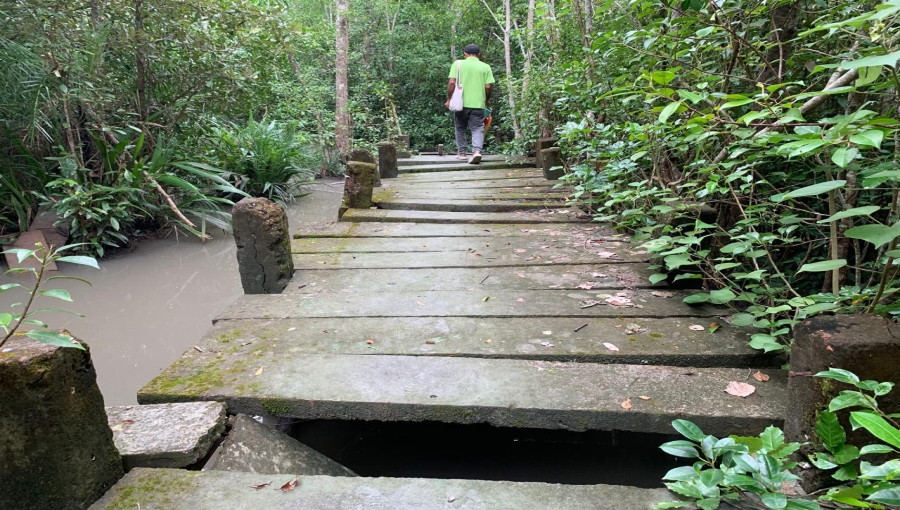
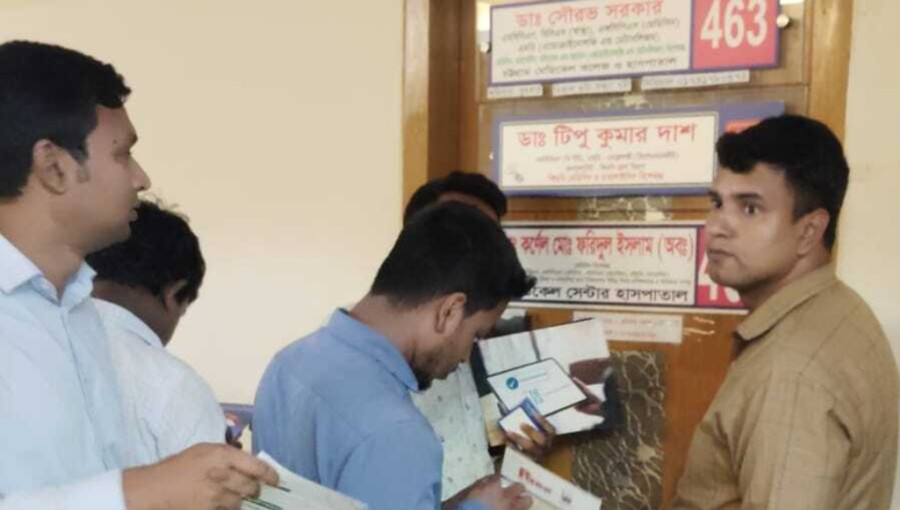





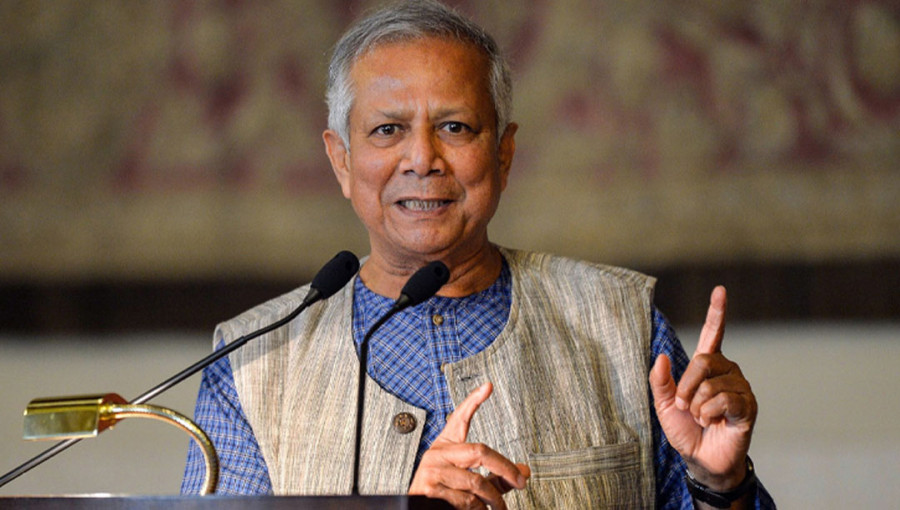
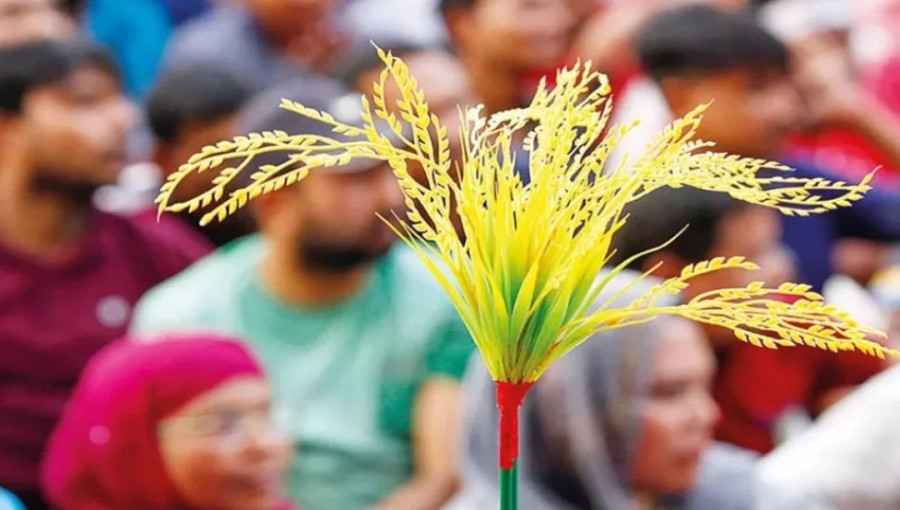
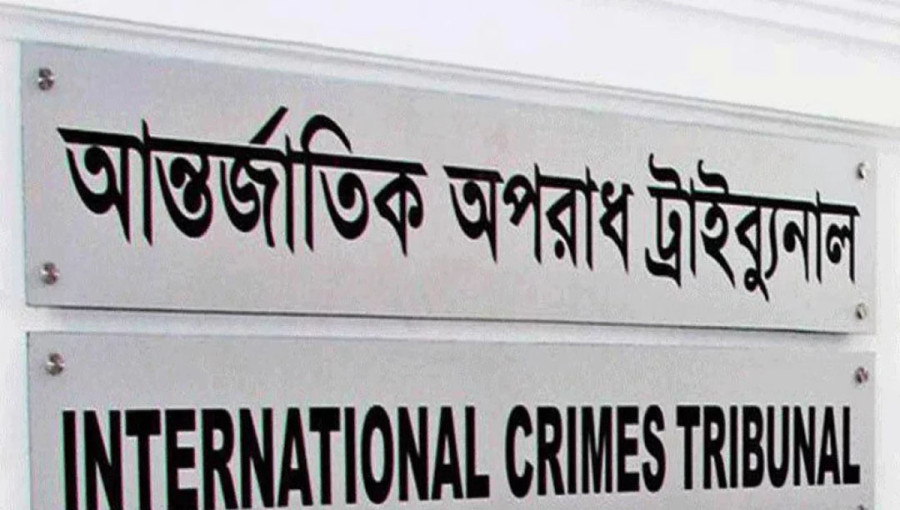




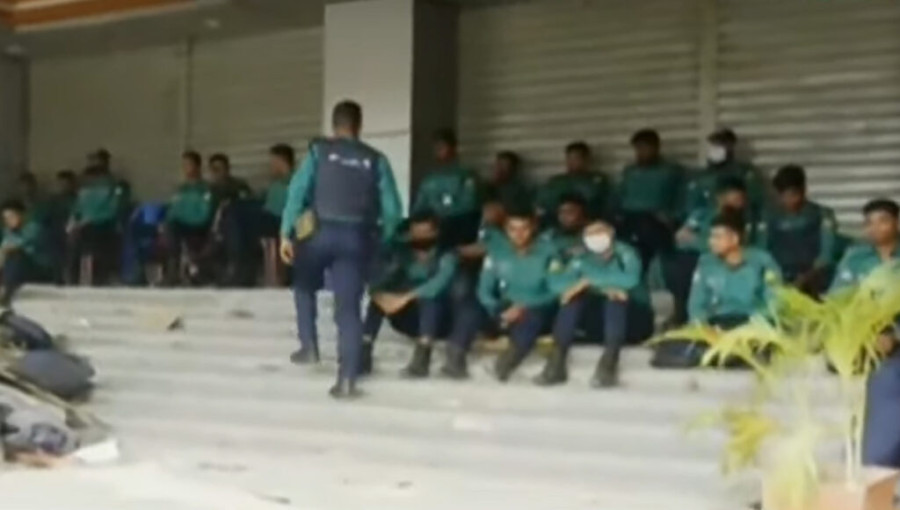

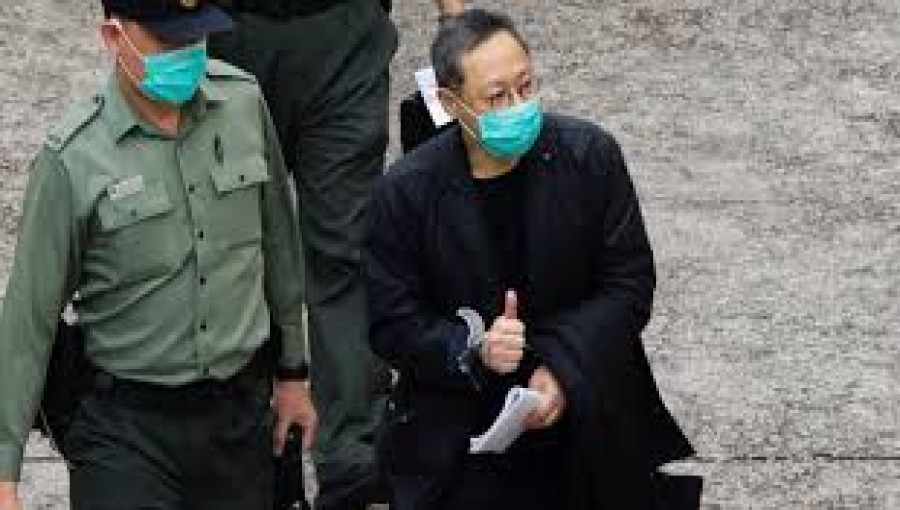
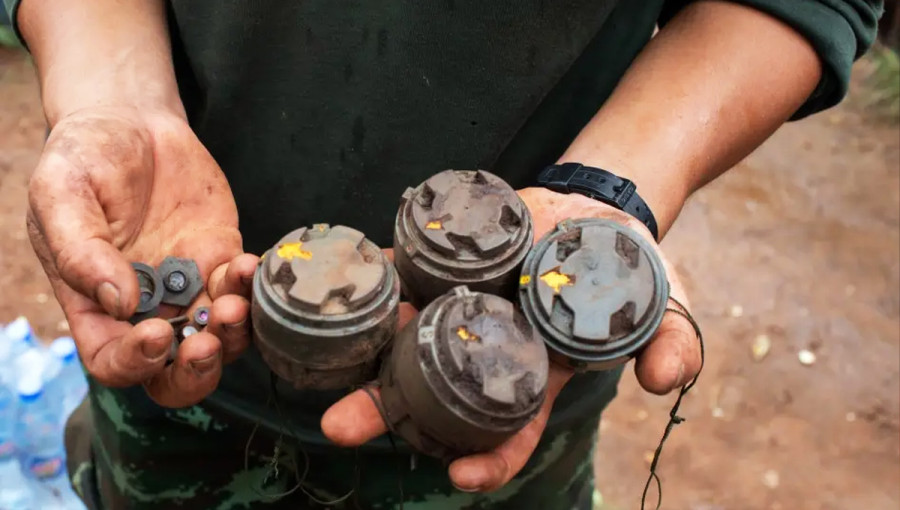
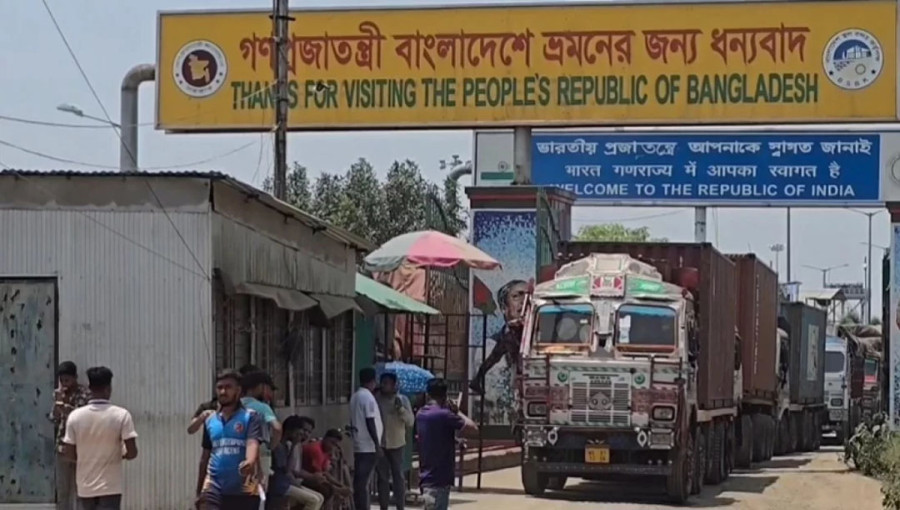
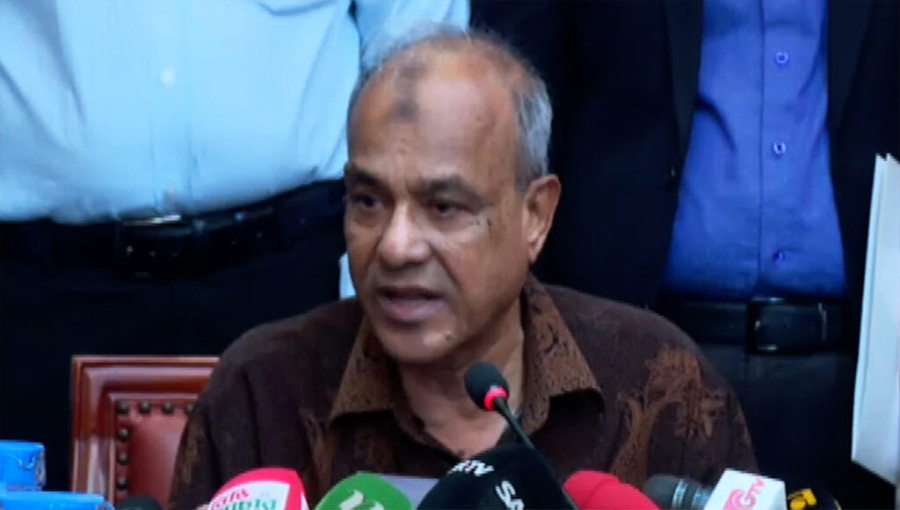



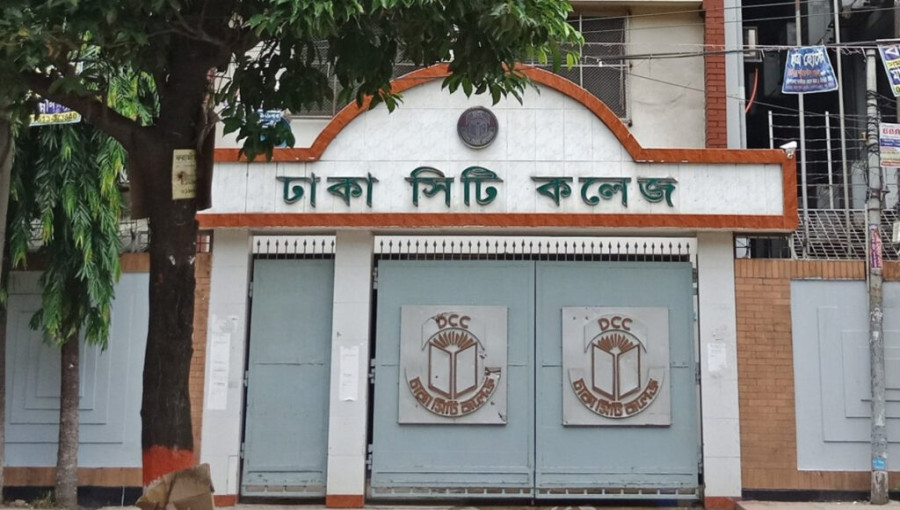

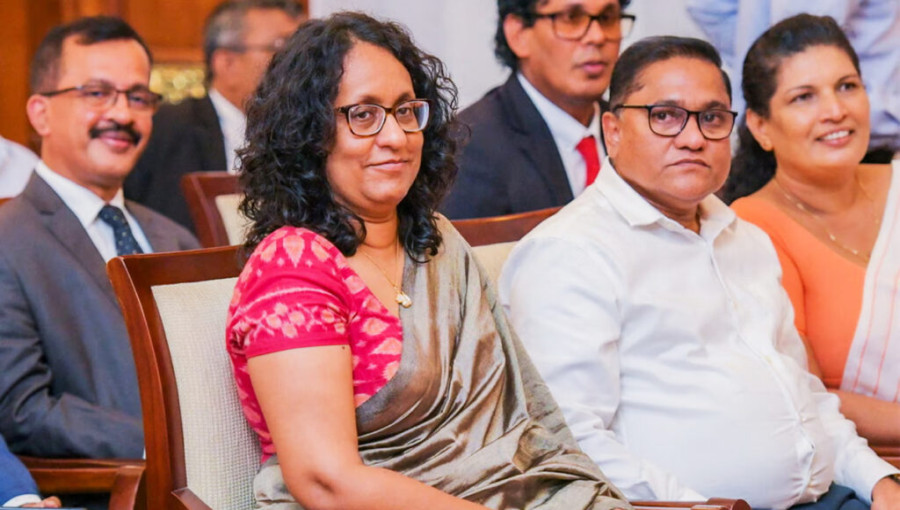
Comment: